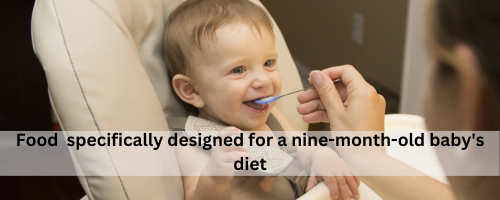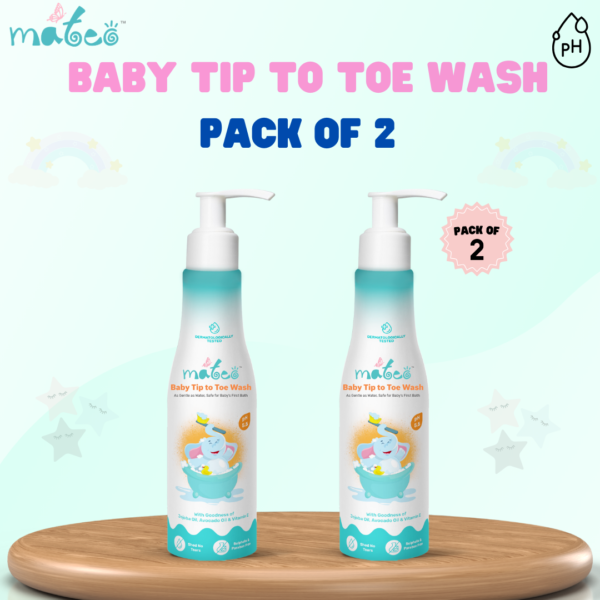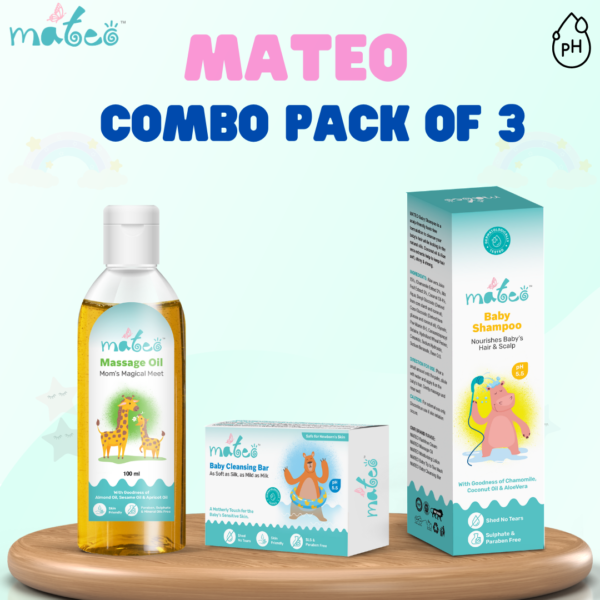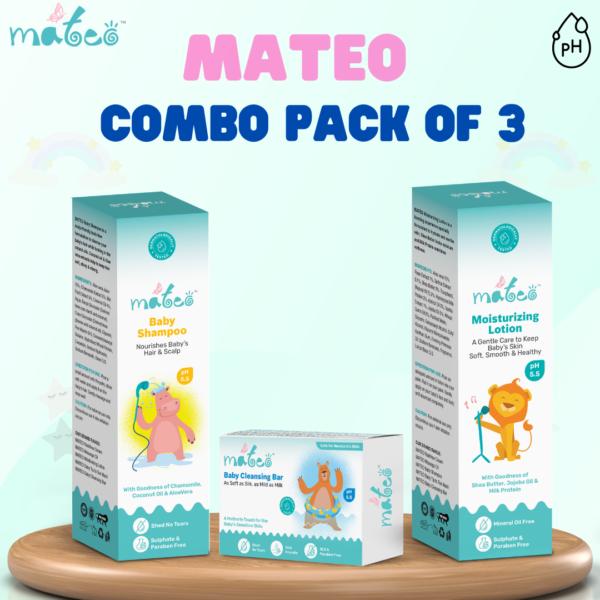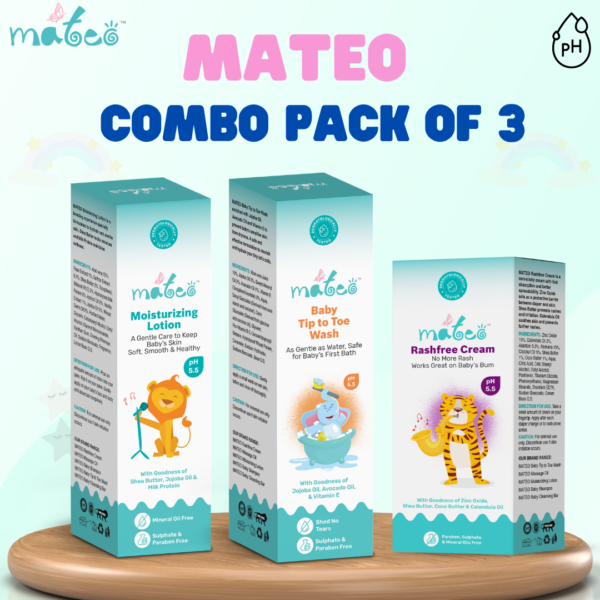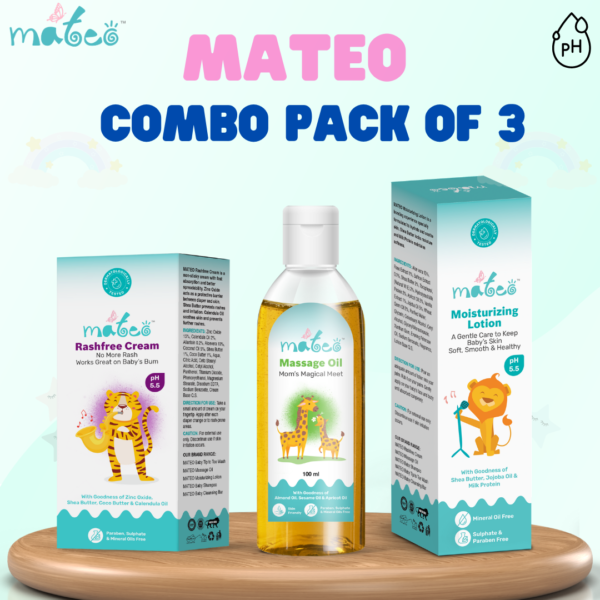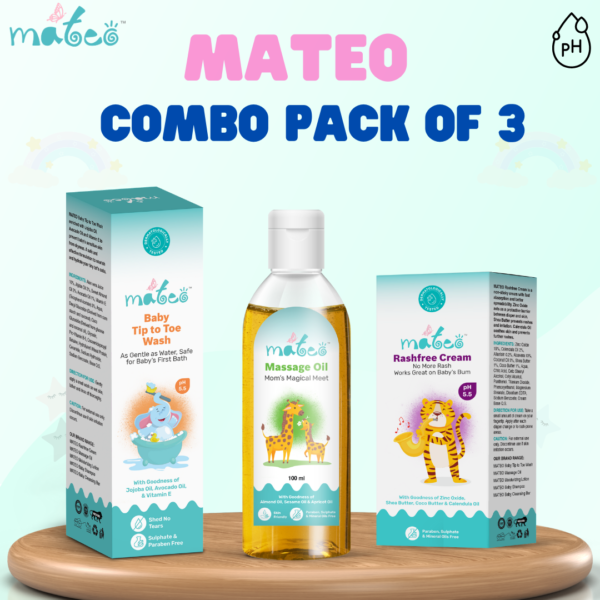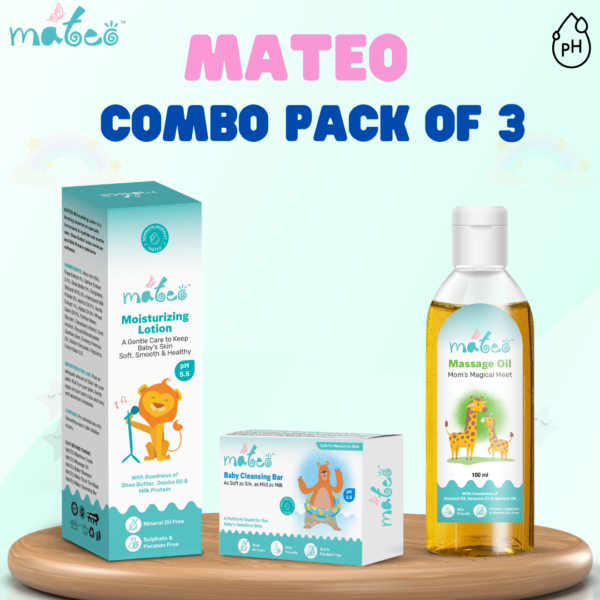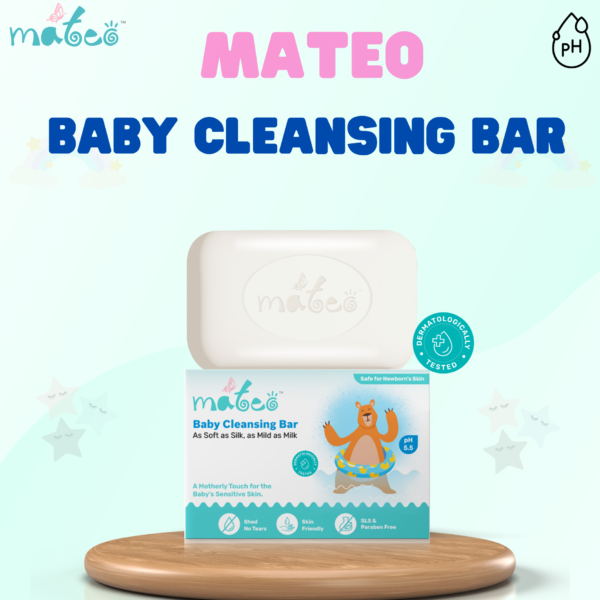Table of Contents
- Parenting Tips – A Culinary Voyage of Discovery
- Crafting Nutritious Baby Cereal Delights
- Baby Food To Avoid – Safeguarding Nourishment and Safety
- Analysing the Harmony between Nutrition and Exploration
- Tailoring Tastes to Individual Preferences
- Fostering Lifelong Healthy Habits
- Conclusion
- FAQs
Introducing solid foods to your little one at nine months is a significant milestone in their developmental journey. In addition to a mere change of intake from liquid food to solid baby food, this stage is highly significant for the formation of tastes, the development of independent skills in baby food consumption, and the b formation of habitual nutrition patterns that will last forever. This blog encloses a parenting guide to the introduction of baby cereal the step-by-step parenting tips to introduce tasty foods with enhanced nutritional values.
Parenting Tips – A Culinary Voyage of Discovery
Your baby starts discovering the world at this point when he or she explores with their senses, including taste, touch, and vision. Every meal will be seen as an opportunity to explore the taste of different toddler meals ranging from sweet ripe fruits to stewed mashed vegetables that provide a solid foundation towards building up a healthy lifestyle.
Crafting Nutritious Baby Cereal Delights
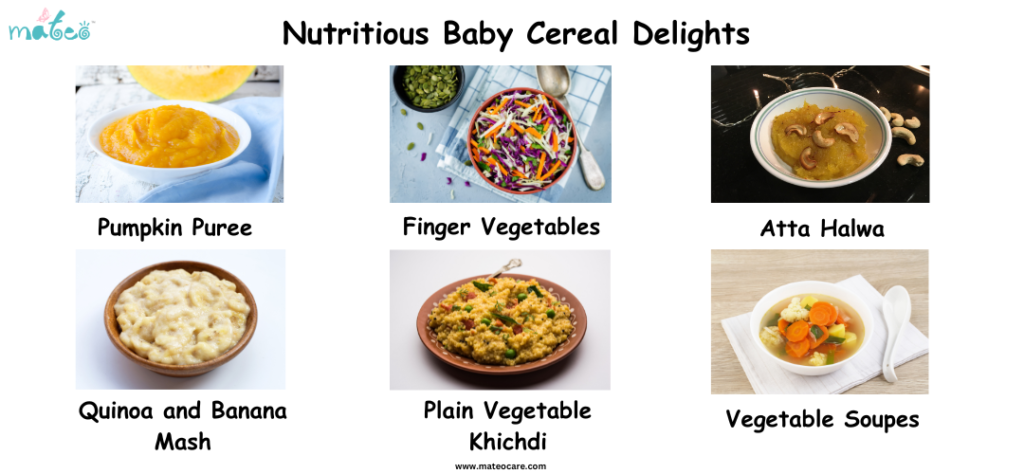
Let’s dive into a few baby diet recipes tailored to stimulate their senses and nourish their growing bodies:
1. Pumpkin Puree
- Ingredients: Small pumpkin, one or two cups of water, vegetable broth (or breastmilk).
- Preparation: Slice, peel, and deseed the pumpkin before blending it into a puree. It is advisable to cook it in a cooker, for about 10-15 minutes, depending on whether you want a soft or hard consistency.
2. Quinoa and Banana Mash
- Ingredients: Banana (½), pinch of cinnamon, 3 tbsp cooked quinoa, and 1 tbsp milk yoghurt.
- Preparation: Mash a banana and combine it with quinoa and yoghurt. Mix well, add cinnamon if preferred.
3. Plain Vegetable Khichdi
- Ingredients: Rice, 1/2 moong, 1 cup veg, 1 tsp buttermilk, turmeric, cumin seeds.
- Preparation: Fry rice dal and the vegetables in hot melted butter or ghee, add water, cook well, then mash them up gently.
4. Atta Halwa
- Ingredients: Atta – 2 tsp; ghee – ½ tsp; hot water – 2 cups; either formula or breast milk.
- Preparation: Brown atta in ghee and pour boiling water gradually on it. To adjust consistency and flavour, use milk or fruit puree.
5. Finger Vegetables
- Ingredients: Carrot, pumpkin, sweet potato, zucchini.
- Preparation: Chop into thin sticks, put in a steamer and leave about five–seven minutes till it can become soft to chew.
6. Oats Pancakes
- Ingredients: ½ cup rolled oats, one medium banana and ½ cup of almond milk.
- Preparation: Cook mashed banana with milk and oats until brown on either side of the pan.
7. Vegetable Soup
- Ingredients: Carrots, beans, peas, tomato, potato, ghee, pepper, and jeera.
- Preparation: Cook pressure vegetables, puree into smooth puree and reheat with spices.
Also, Read our Blog – Baby Care – A Comprehensive
Baby Food To Avoid – Safeguarding Nourishment and Safety
When taking this adventure into the world of cooking for baby diets some risks should be avoided. Ensure you are aware of foods such as honey, various kinds of fish, nuts and too much salt which must be safe for your baby but can cause allergies when a child tries new flavours.
Analysing the Harmony between Nutrition and Exploration
Though these foods present an array of tastes, keep in mind that the main food is still breast milk or baby formula. Serve these foodstuffs in bite-sized pieces as guided by the baby’s signs of satisfaction and hunger.
Tailoring Tastes to Individual Preferences
Every child has his or her food taste. These are building blocks to which other ingredients could be added when personal tastes change or health needs dictate particular diets. Learn how to be innovative when cooking for a child whose taste is still evolving.
Fostering Lifelong Healthy Habits
Feeding beyond nutritional purposes can be used to cultivate favourable relations with toddler meals during this stage too. Let this process of discovery be enjoyed and treasured with affection so as you grow into adulthood, you have developed an affinity for consuming wholesome foods.
Conclusion
Introducing solid food into your 9-month-old is not simply feeding but beginning a journey of tasting the world and nutrition. These are not just stuffed tummies but seeds sown for the development of nutrition knowledge and appreciation of a marvellous journey in growth.
Get into this stage with eagerness, imagination, and perseverance. Treat every meal time as a chance for them to enrich their bodies and develop a decent attitude towards food. Enjoy the delight of starting off your baby’s culinary life as they enjoy their first bites.
Frequently Asked Questions
1. What should I do when my nine-month baby demands solids?
Around nine months, your baby may start showing signs of readiness, for instance, sitting upright with help, paying attention at mealtimes when people around eat in a manner that indicates they are interested in food, and moving food from the front of their mouth towards swallowing. Please, always check with a paediatrician before giving.
2. What are specific kinds of food should I give first, to my nine-month-old baby?
Begin with single-ingredient baby cereal purees or mashed meals such as pumpkin, banana and gentle vegetables respectively. Try adding some different foods and tastes gradually as you pay attention to look for some form of allergy or other undesirable effects.
3. What should be the ratio of breast milk/baby formula and solid foods in my baby’s diet?
For up to one year, breast milk or baby formula should be the main source of their nutrients. Provide solid baby cereals only after feeding with breast milk or baby formula. They serve as the first supplementary food but not a complete replacement for baby food (milk feeds).
4. What measures should I take while feeding my baby a new food?
If there is an introduction of new foods such as possibly allergenic foods like nuts and fish follow the “4–day Rule”, offer a new food every day consecutively for four days and watch out for an allergic reaction. Also, stay away from dangerous foods such as honey and make sure the food is cooked appropriately for the age of your baby.

Nivethitha Sridharan
Nivethitha is a mother of two children and has a great interest in writing as an experienced mother. She publishes educational and interesting articles on baby care and also assists parents in selecting the finest baby products for their baby’s skin and well-being. She focuses on infant skin care and health issues. She also provides suggestions and guidance on baby care and avoids common skin disorders in newborns. Nivethitha likes studying and writing about new and innovative ideas that might assist people in finding solutions to their problems. She feels that content writing is an effective means of communicating thoughts and information to the world.
-
Mateo All in One Pack
Add to basket₹1,700.00 -
Mateo Baby Body Wash – 200 ml (Pack of 2)
Add to basket₹790.00 -
Mateo Baby Care Collection – Mateo Baby Massage Oil(100ml), Mateo Baby cleansing bar(75gm), Mateo Baby Shampoo(200ml)
Add to basket₹775.00 -
Mateo Baby Care Collection – Mateo Baby Moisturizing Lotion(200ml), Baby Cleansing Bar(75gm), Baby Shampoo(200ml)
Add to basket₹930.00 -
Mateo Baby Care Collection – Mateo Baby Moisturizing Lotion(200ml), Mateo Baby Body Wash(200ml), and Mateo Baby Rashfree Cream(60gm)
Add to basket₹925.00 -
Mateo Baby Care Collection – Mateo Moisturising Lotion(200ml)+ Mateo Baby Rashfree Cream(60g) + Mateo Baby Massage Oil(100ml)
Add to basket₹725.00 -
Mateo Baby Care Collection-Mateo Baby Body Wash(2ooml), Baby Rashfree Cream(60gm), Baby Massage Oil(100ml)
Add to basket₹770.00 -
Mateo Baby Care Collection-Mateo baby moisturizing lotion(200ml), Baby cleansing bar(75gm), Baby massage Oil(100ml)
Add to basket₹730.00 -
Mateo Baby Cleansing Bar
Add to basket₹185.00

